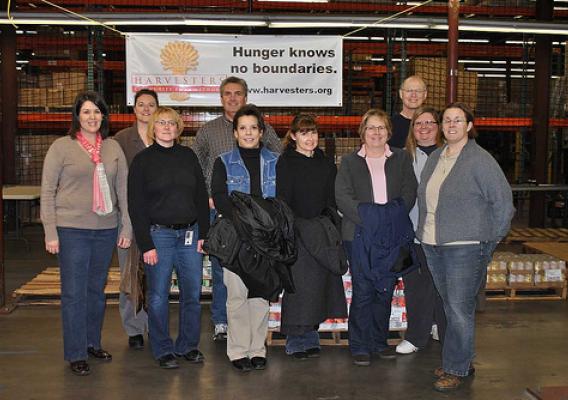USDA recently announced its “Smart Snacks in School” proposal that will help to ensure all foods and beverages sold in schools contribute to a healthy diet. The proposal offers a common sense approach to healthy eating by promoting the availability of snack foods with whole grains, low-fat dairy, fruits, vegetables or protein foods as their main ingredients, while preserving time-honored school traditions like occasional bake sales and birthday treats.
Parents and teachers work hard to instill healthy habits, and our proposal reinforces that hard work by ensuring that kids are offered only tasty, nutritious food options at school. Thanks to the Healthy, Hunger-Free Kids Act of 2010, this year students across the country began getting healthier school meals with more fruits and vegetables, whole grains, and low-fat dairy based on scientific recommendations for nutrition. Through the Act, Congress also directed USDA to set nutrition standards for all foods sold in schools, including vending machines, school snack bars and a la carte, as a complement to the new, healthy standards for breakfast and lunch.





